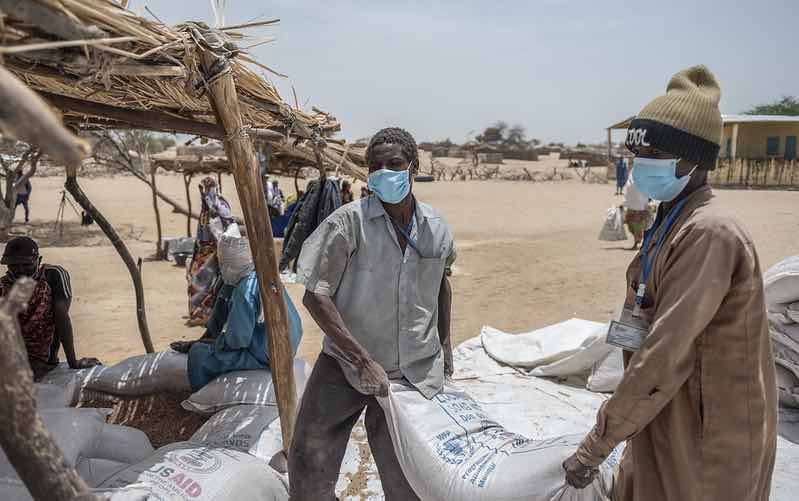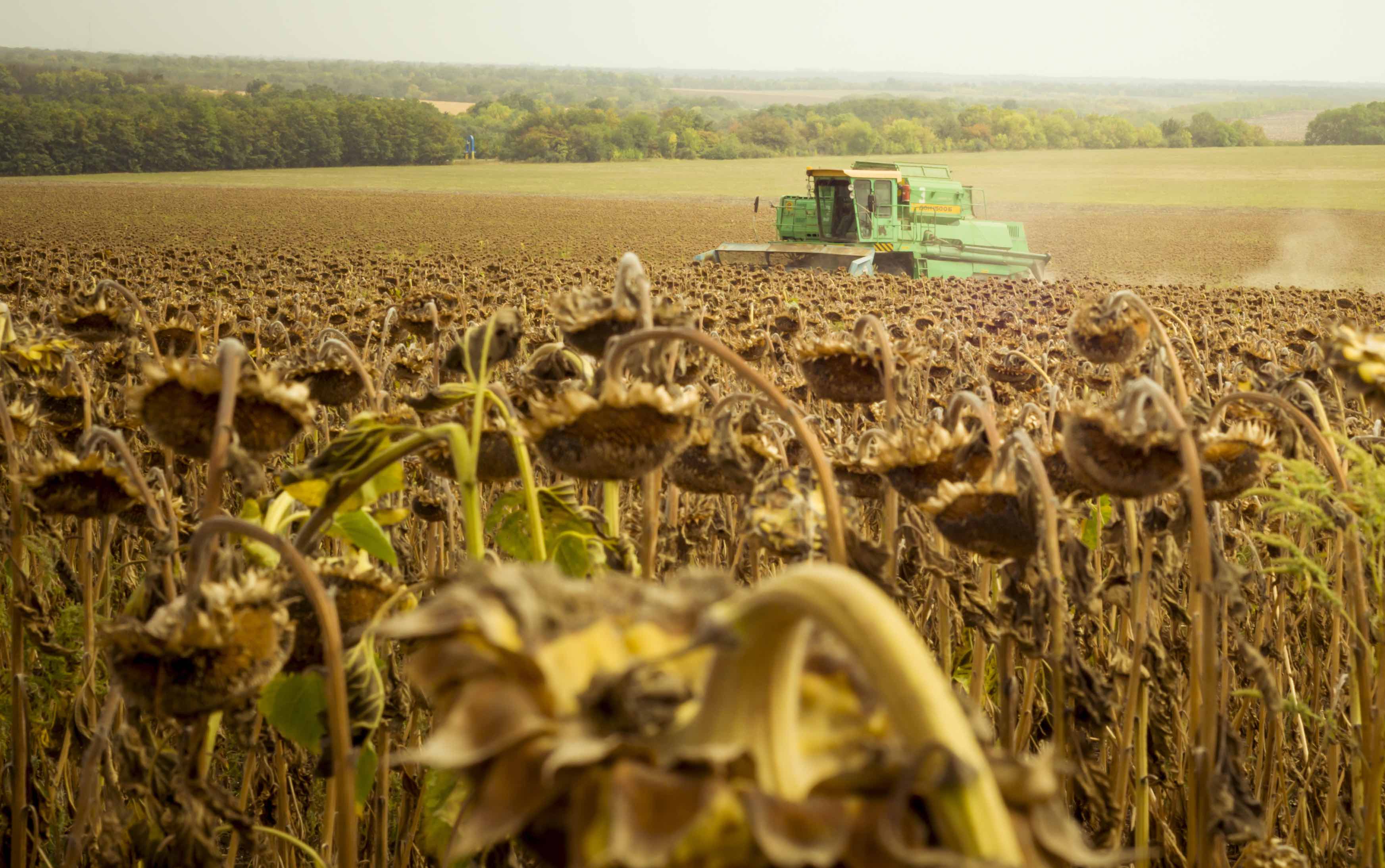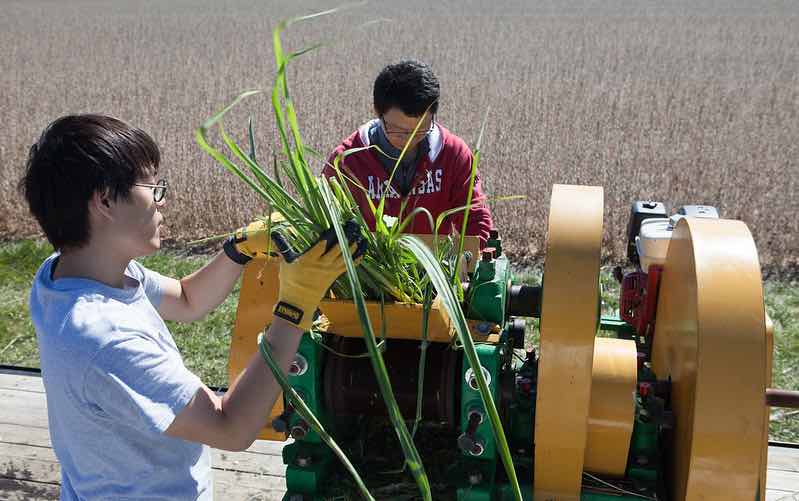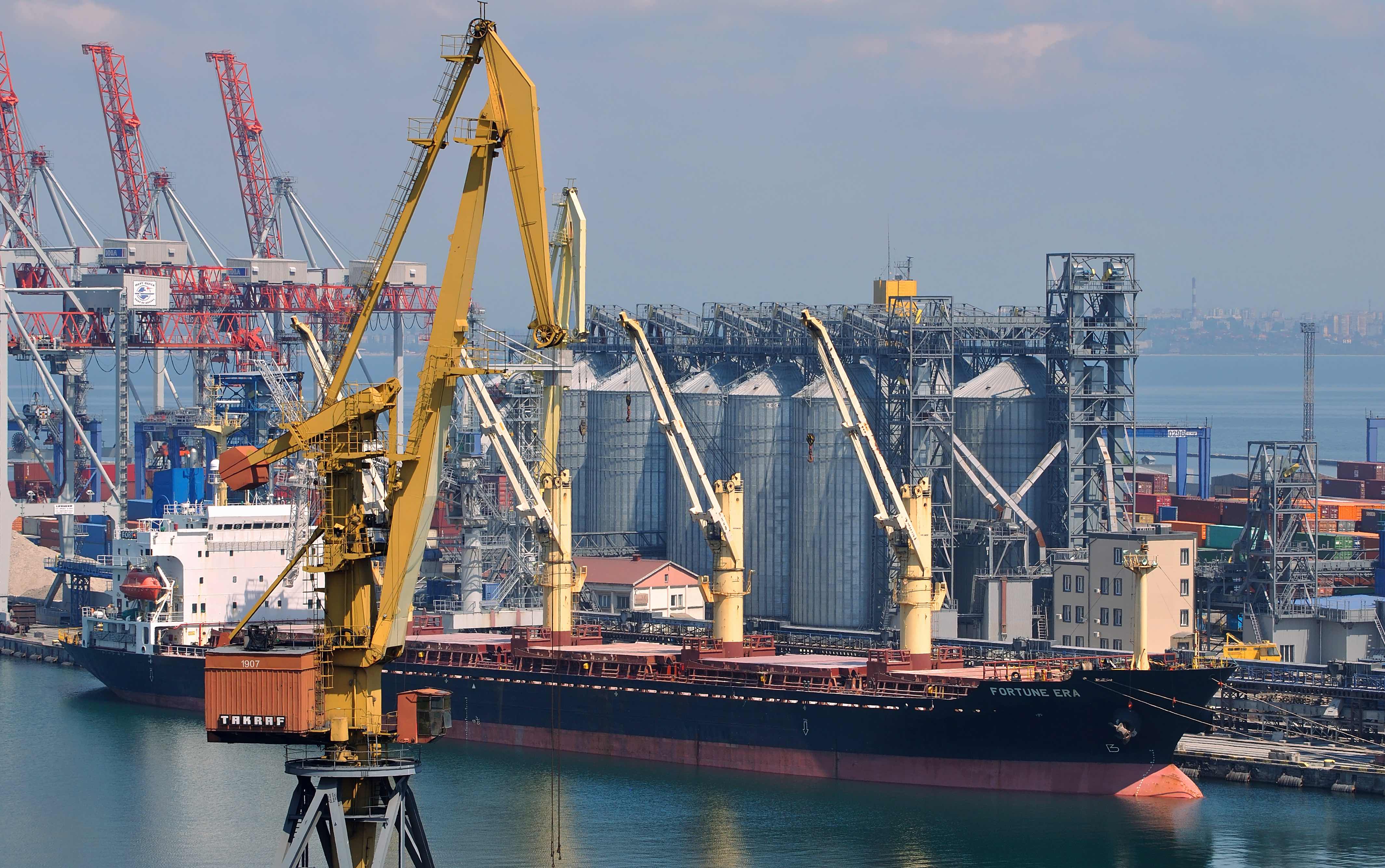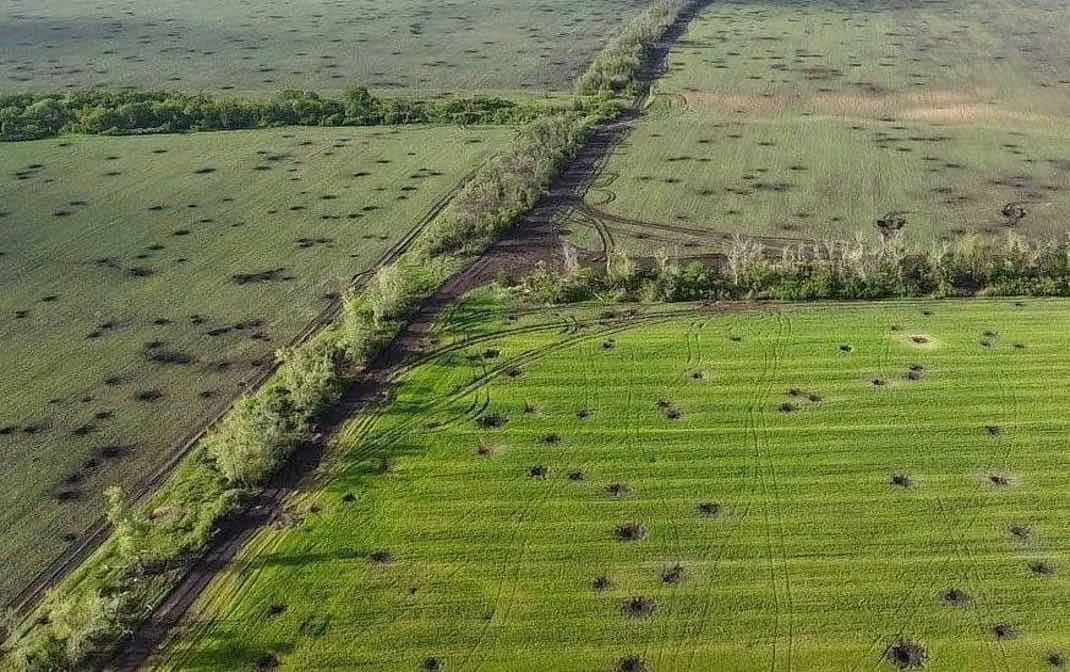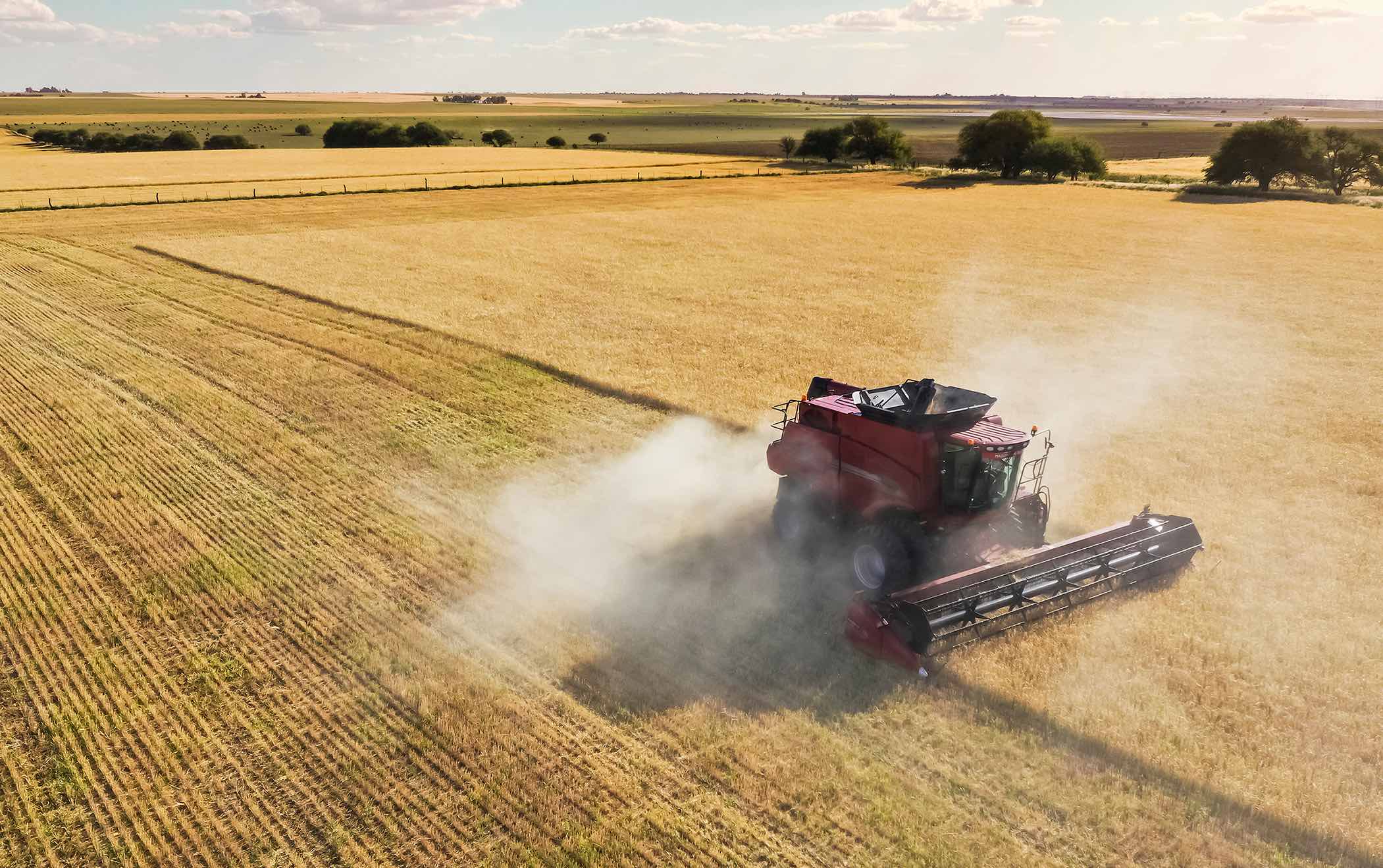Conflicts and other shocks have triggered rising food insecurity and malnutrition in many places around the world. This special blog series examines how these often-overlapping crises are impacting food systems at the global, national, and local levels. Contributors also evaluate policy responses to food system shocks, with a view to finding effective approaches that enhance the resilience of both national and global food systems. The series is co-edited by Joseph Glauber, IFPRI Senior Research Fellow, and Johan Swinnen, IFPRI Director General and Managing Director of CGIAR’s Systems Transformation Science Group.
This blog series was initiated in February 2022 when Russia’s invasion of Ukraine triggered trade disruptions and significant increases in international prices of energy, agricultural commodities, and fertilizer, which were already elevated due to the COVID-19 pandemic and related value chain disruptions. While those impacts are still being felt, this series has expanded to incorporate posts on new conflicts, such as those in Sudan and Gaza, as well as weather-related disturbances and other food system shocks.
Latest Blog
-
Six lessons learned from a year of multiple crises: Beyond the Russian invasion of Ukraine
Strategies and policies to build food system resilience.
-
Eastern European farmers protest gluts of Ukraine food exports: The struggle to keep solidarity lanes open
More war-related agricultural market disruptions.
-
Food versus Fuel v2.0: Biofuel policies and the current food crisis
The Ukraine war resurrects an important policy debate.
-
The Russia-Ukraine war’s impact on global food markets: A historical perspective
Charting the post-Soviet rise of two major exporters.
-
Regional war, global consequences: Mounting damages to Ukraine’s agriculture and growing challenges for global food security
As farmers struggle, production of key export crops remains low.
-
Assessing tight global wheat stocks and their role in price volatility
Continuing market stresses from the Russia-Ukraine war.




